What will happen if you give birth during coronavirus?
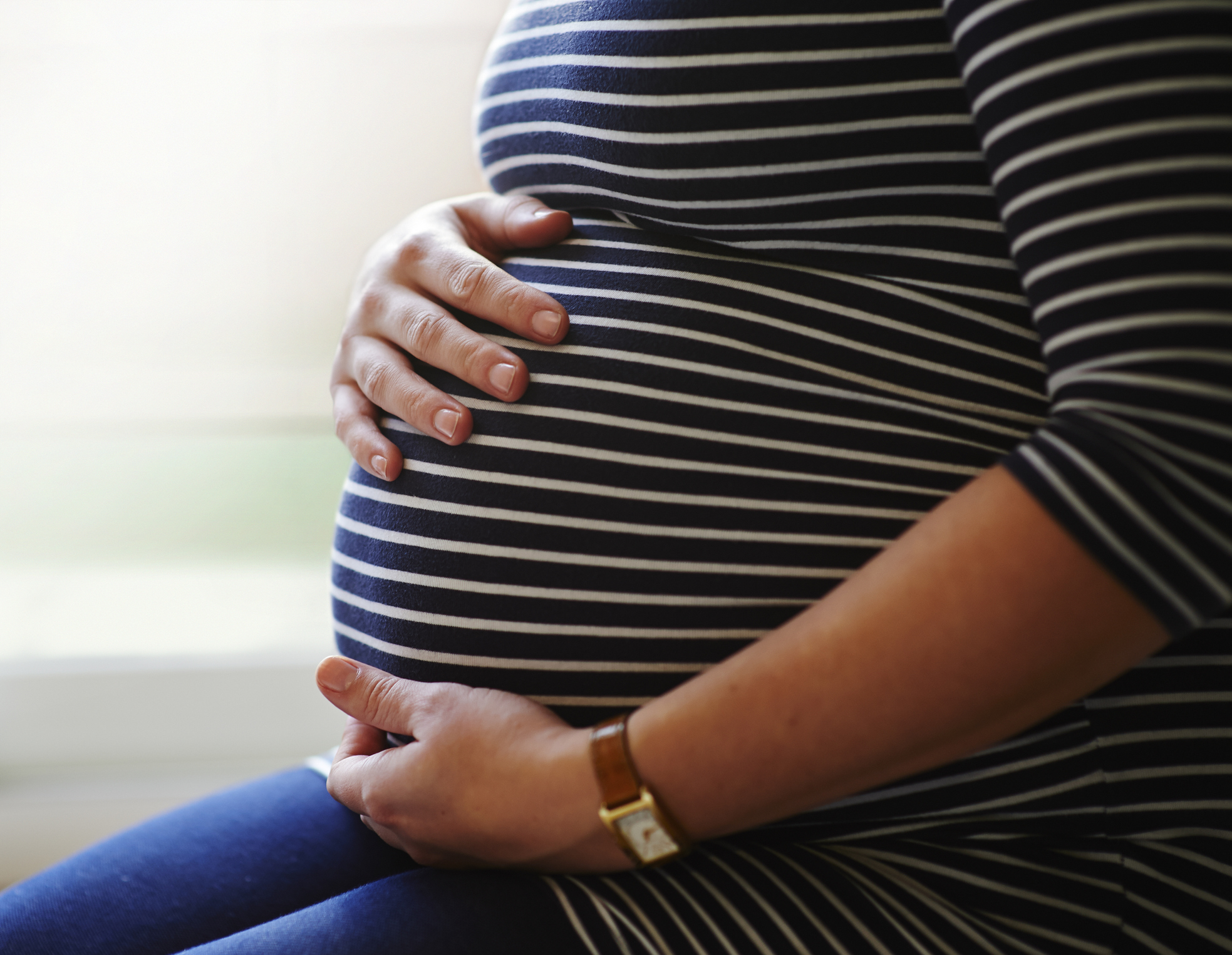
Parenting advice, hot topics, best buys and family finance tips delivered straight to your inbox.
You are now subscribed
Your newsletter sign-up was successful
A need-to-know guide for all expectant mums
According to a report by Talk London, 49 per cent of Brits are feeling more anxious than ever - with isolation affecting their sleeping and eating patterns.
For expectant mums, anxiety levels are understandably growing as access to vital support lines are becoming uncertain, and visiting hospital is becoming a daunting prospect with risk of infection.
High numbers of mums have had their birth plans already disrupted or left in the dark, including Sky News presenter Sarah-Jane Mee who has now chosen to have her baby at home due to the pandemic.
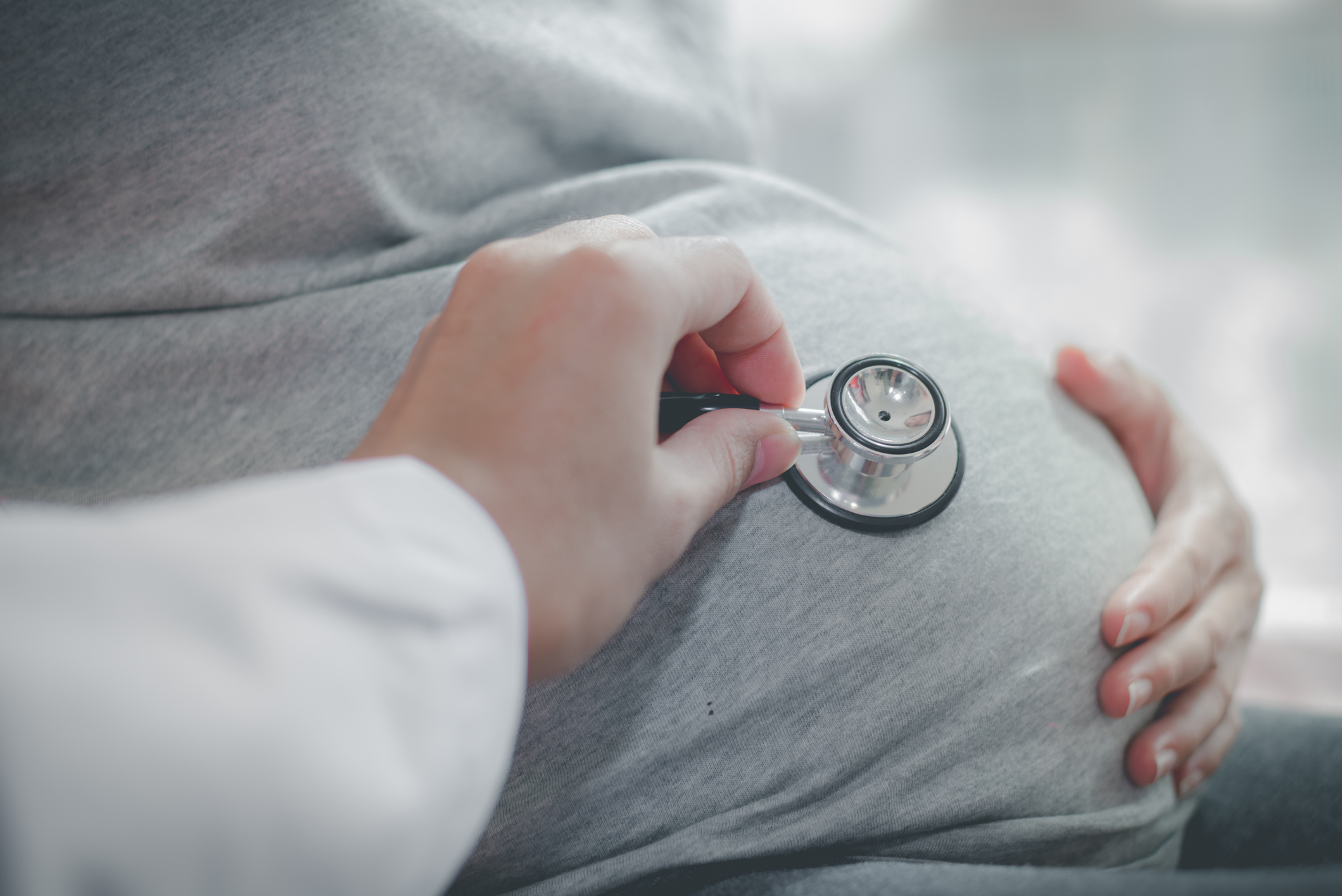
The NHS has stated that most pregnant mums will experience mild or moderate cold and flu-like symptoms, but there’s no evidence to suggest that being pregnant means you’re more likely to get coronavirus - unless you have an underlying health condition like asthma, or diabetes.
Pregnancy is always an emotional time - but right now, mums-to-be are classed as ‘vulnerable’ by the Chief Medical Officer and need to be conscious of the government’s strict guidelines to social-distancing and self-isolation.
Siobhan Miller, founder of the Positive Birth Company and author of bestselling book ‘Practical Ways to Make Your Birth Better’ said: ‘One in five women experience perinatal anxiety and depression during pregnancy or in the first year after giving birth.
Parenting advice, hot topics, best buys and family finance tips delivered straight to your inbox.
‘With the coronavirus lockdown in force, we sadly expect this number to rise significantly, especially with vital support groups, clinics and classes cancelled, and women often having to give birth alone due to self-isolation and social distancing.’
Siobhan describes the feeling of perinatal anxiety as worrying about your pregnancy or baby’s wellbeing, feeling on-edge, having a sense of dread, difficulty concentrating, and racing thoughts.
Jasmine Kendal is due to give birth to her first child at the beginning of July. She says: 'I’ve felt quite anxious about the birth. Currently the rules mean that the father can’t stay for more than an hour after the baby’s birth, and once they’ve left the hospital, they can’t come back.
'That means that if I have any complications, my partner won’t be able to be with me.
A first-time mum, Ashlee Graham, gave birth to her new-born daughter Agnes on her living room floor, after her partner was told he must self-isolate for 12 weeks.
Ashlee said: 'I haven’t left the house in months. I sit in the living room every day and stare at the spot where I gave birth - and I still don’t know when anyone will get to officially meet Agnes.'
Lisa Craven, UK Marketing Manager at Lansinoh, said: 'Having your first child is one of the most memorable times of your life, with parents-to-be excitedly preparing for their new arrival. But what happens when this milestone period is spent during a nationwide lockdown?'
Good To Know are here to help you, so we’ve put together a thorough guide to answer all of your qualms and queries about pregnancy, and giving birth during this tricky time…
Can babies get coronavirus?
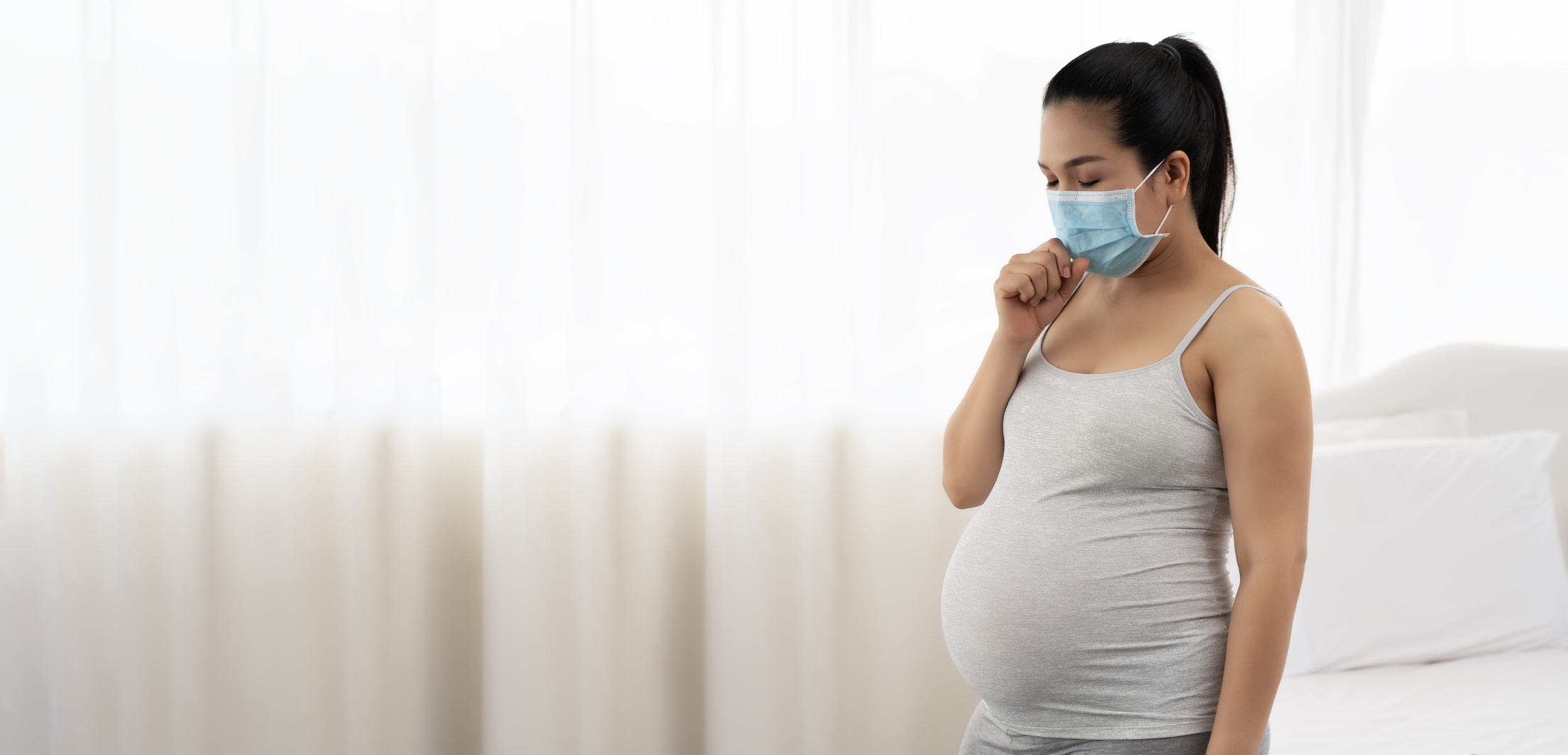
There is some evidence that coronavirus can be transmitted from mum to baby during birth - as, according to the Royal College of Obstetricians and Gynaecologists (RCOG), two cases have been observed - but both babies are doing well.
To date, there is no evidence to suggest that babies can contract the illness through breast milk. It is possible that anyone of any age - including babies - can contract COVID-19 but it is important to note that this is a very new virus, so we are still learning about it day-to-day.
Will I have to give birth alone – or can my partner be there?
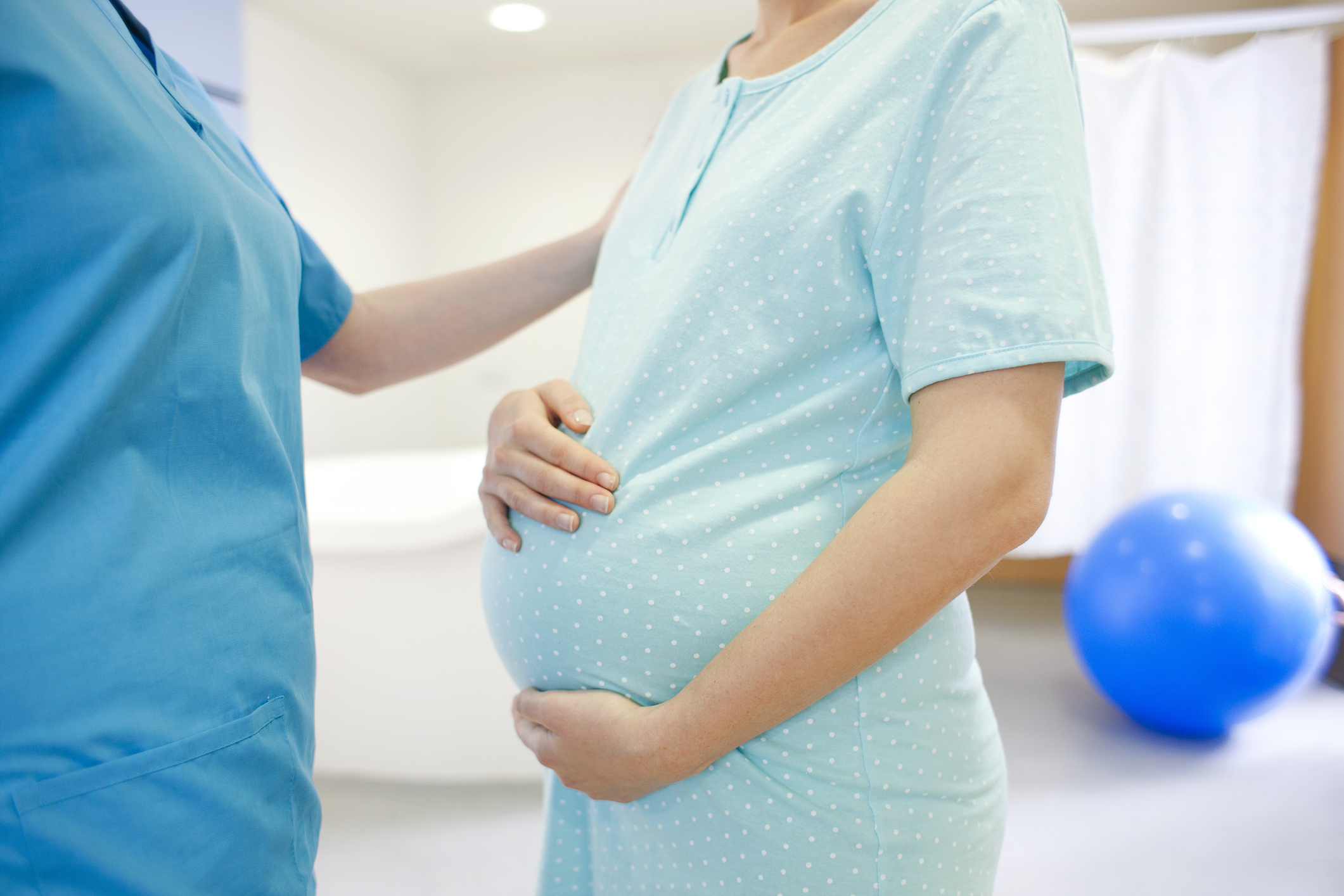
Yes, your partner can attend your birth with you if they are well - so you need not to worry about being alone. In fact, it is encouraged that your partner attends the labour and birth as it is known to increase the wellbeing of the mother during birth.
If you are induced on a ward, your partner is not able to attend until you are moved to a private room or bay to uphold social-distancing measures.
From today (Monday 15 June), all birth partners can now attend the labour ward when the mother is having a planned caesarean section, and can attend the birth of their new born baby in the theatre.
However, if your partner has symptoms of coronavirus, they will not be allowed to attend the birth for the safety of yourself, your unborn child, staff and other patients. In most hospitals, there are restrictions on visitors attending scans pre-birth, but it should not affect birth-partners while you are in labour. Your partner will not be able to be with you on the postnatal ward - while this is upsetting, it is for the safety of you, your baby and other patients.
Dr Hilary Jones told Good Morning Britain: ‘A woman who thinks she’s in labour would be taken to hospital by the partner and the partner would wait in the car.
‘The woman would be going in for assessment and if she’s in labour, the partner would be invited up at the moment of delivery, given a bracelet, and not allowed to leave the hospital until after the delivery and when the baby could go home.’
He continued: ‘There is a restriction in how many people can attend the labour. It will just be one person, if that.’
How to ease anxiety when pregnant
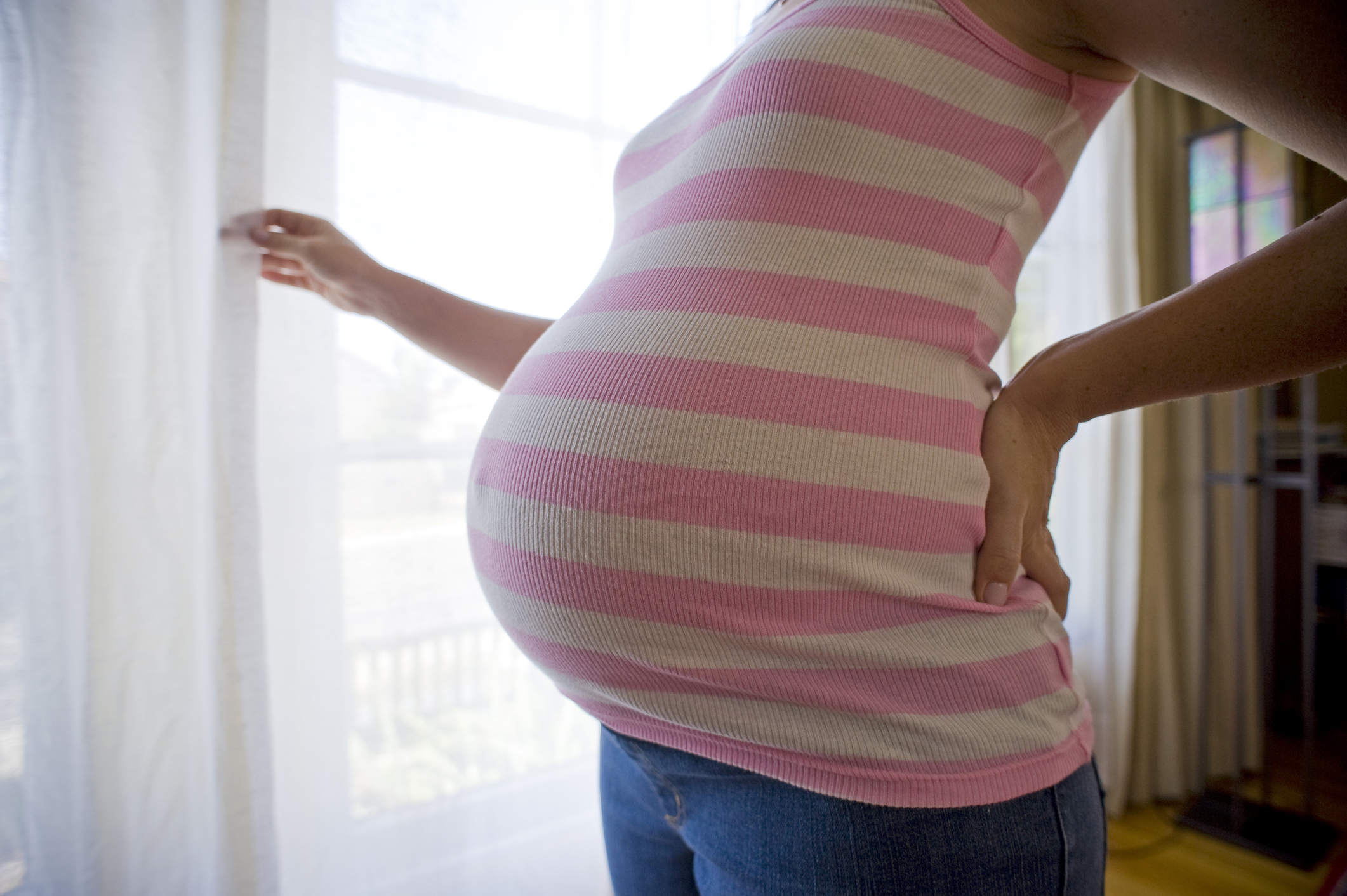
It really is a scary time for us all, and it may seem challenging to seek professional advice for anxiety in lockdown - but your well-being while pregnant is a priority for you and your child.
Siobhan comments: ‘Hypnobirthing techniques can go a long way in preventing and easing symptoms of antenatal and postnatal anxiety and can easily be completed at home.
‘There’s also a number of free virtual tools, live sessions and Q&As out there enabling you to access expert help even with classes cancelled.’
It’s important to stay active, too! It is entirely safe for you and your baby to exercise in moderation. The RCOG recommends 150 minutes of moderate exercise a week - this can include a gentle jog, or pilates. Be sure to listen to your body’s needs above all, and if you’re not sure what exercise is right for you, speak to your midwife.
Stay relaxed! Dr Shree Datta, a gynecologist for women’s intimate healthcare brand INTIMINA, says: ‘The activities that you enjoy at home on a regular basis are paramount - this can be anything from reading to watching your favourite TV programme, to cooking and getting creative.
‘Make sure you speak regularly with friends and family and allocate some time for yourself each day to meditate or relax to music.
‘Above all, try and establish a routine, which includes eating well and going to bed at regular times.’
If you are concerned about the health of you or your baby during lockdown, call NHS Direct on 111, or speak to your midwife.